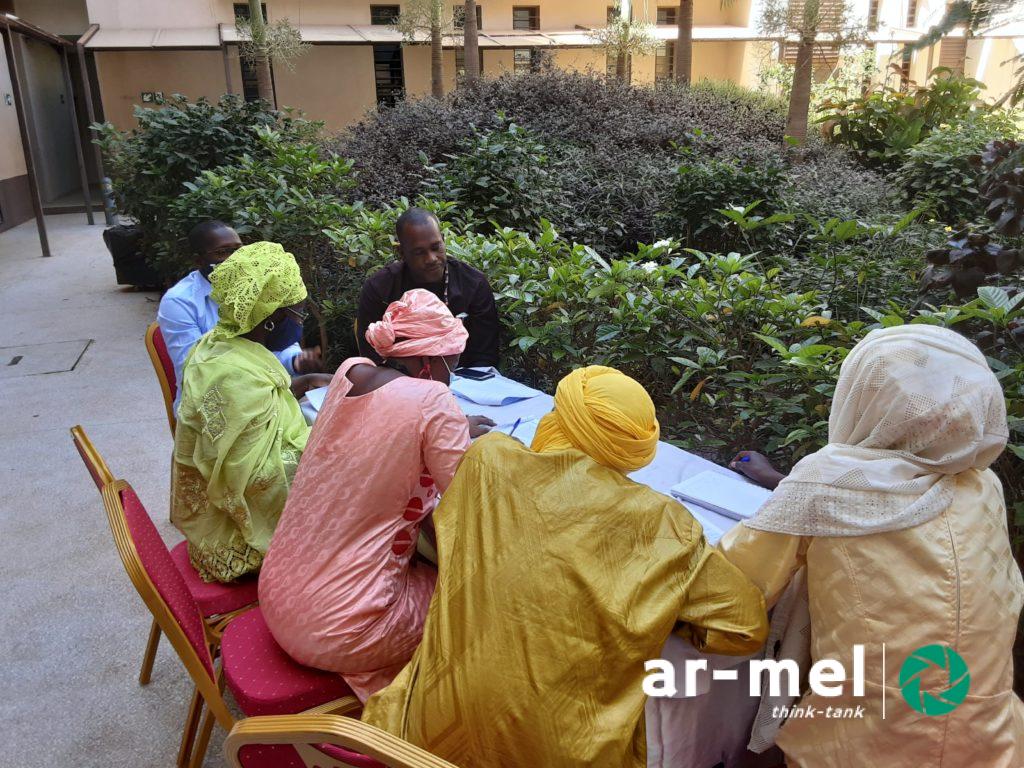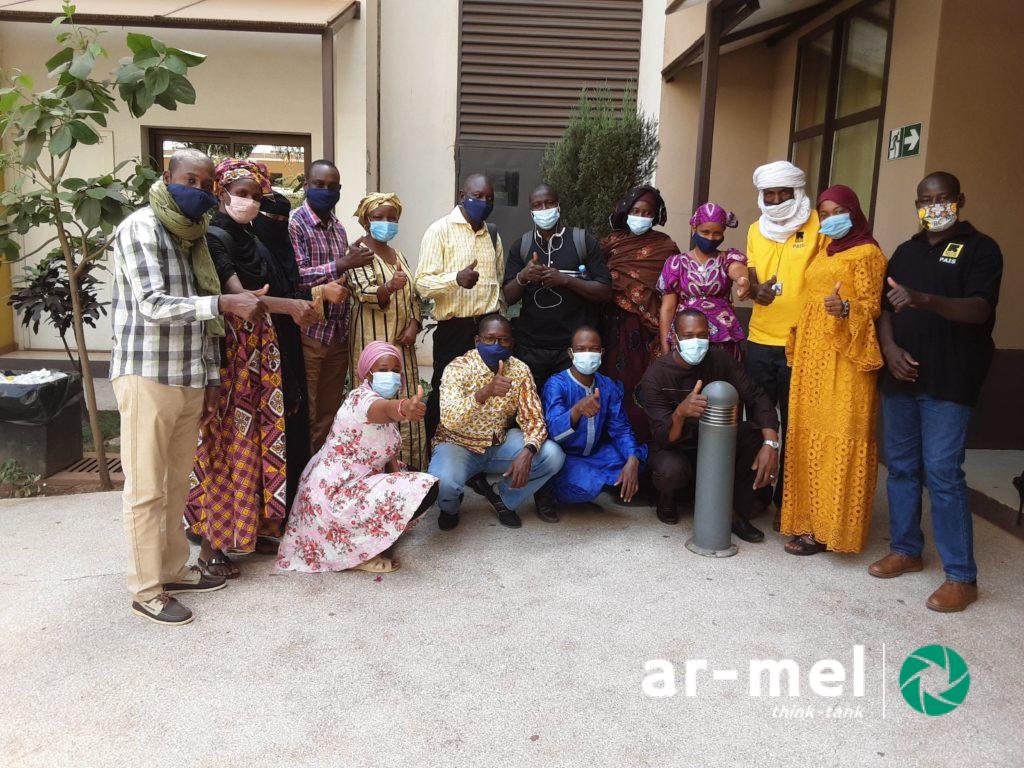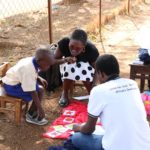Country
Year
Assignment
Funding
Theme
Scope of the gender analysis in Mali
The objective of PAIS is to provide educational opportunities for out-of-school children. It supports school retention in areas affected by the security crisis in central and northern Mali. This Gender Analysis of the PAIS aimed to identify barriers to access to education for boys and girls in Mali. We analyzed participation of women in SMCs as well as out-of-school children’s situation. Power inequalities and social norms driving individual and collective experiences shaped the analysis. Hence, we focus the analysis on Roles and Responsibilities, Access and Control, Interpersonal Safety and Social Norms. The Analysis covered locations in Gao (Dama, Bagoundjé, Kokorom, Bangnadji), Mopti (Dia, Tenenkou, Diallangou, Djenedaga), Ménaka (Ménaka Quartier 1). The aim was to understand how those themes shape power inequalities in the targeted communities.
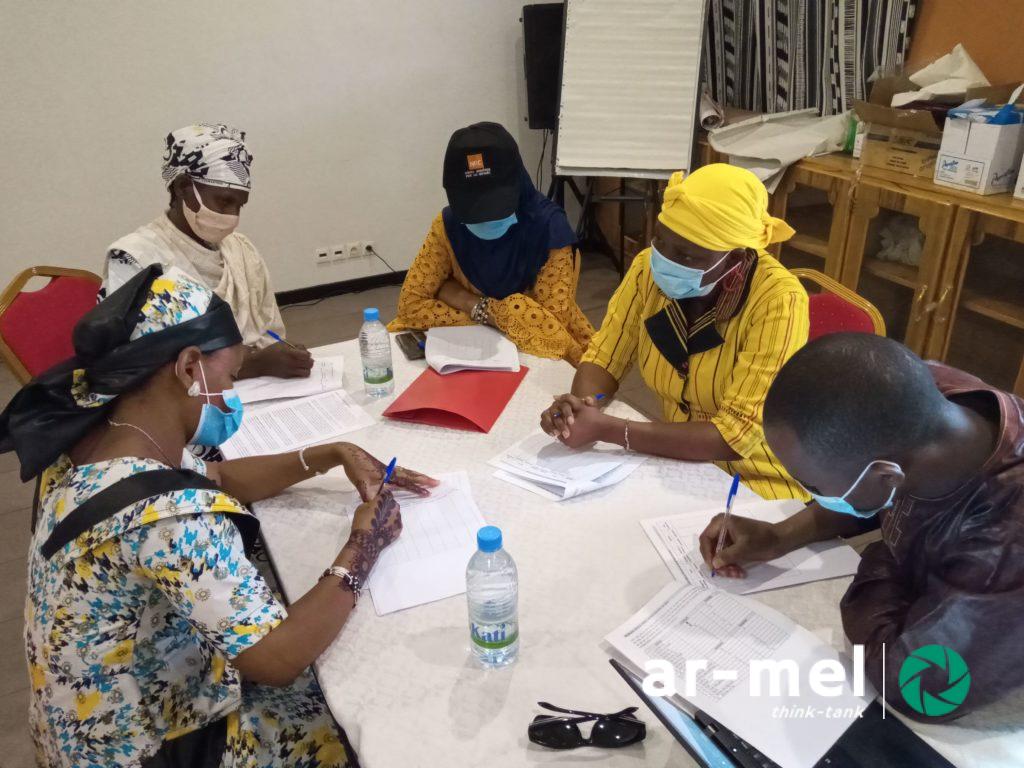
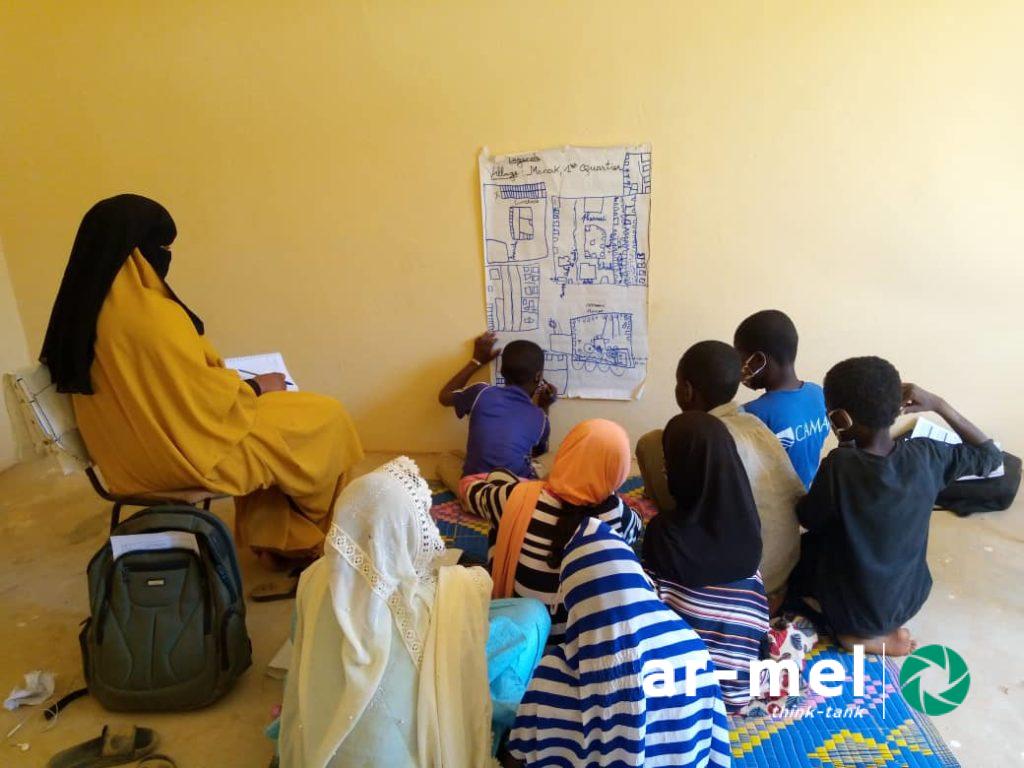
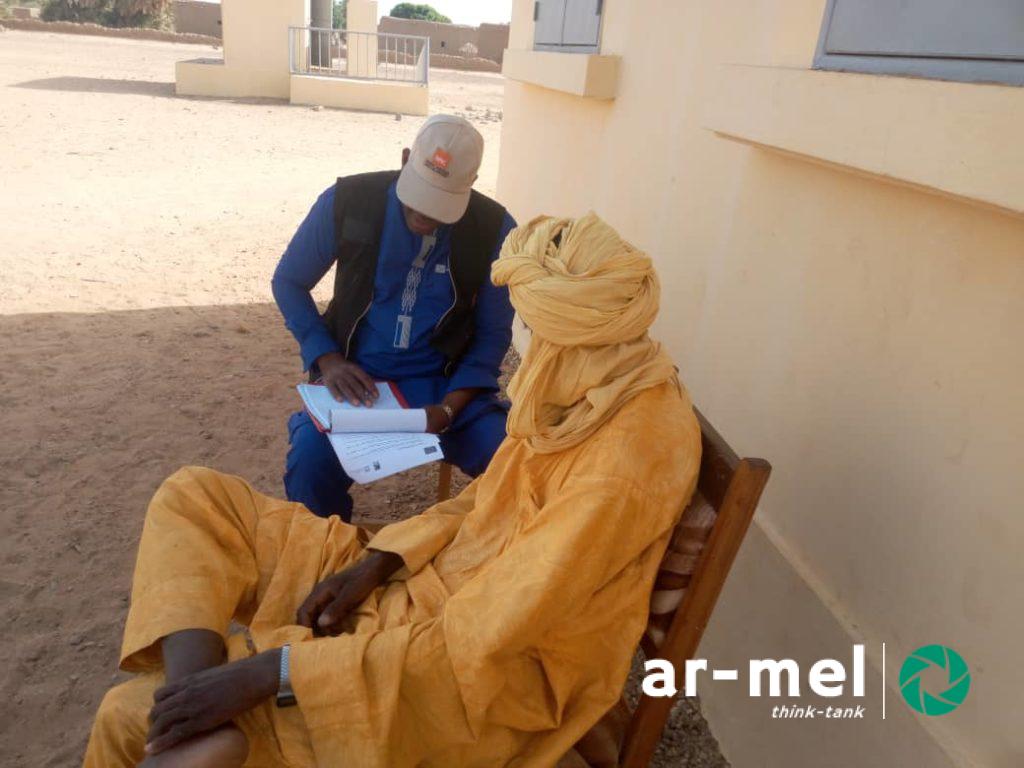
Methodology of the gender analysis in Mali
Armel Oguniyi, the Founder at ar-mel directed the assignment as the lead researcher. We adopted mixed methods research to collect both primary and secondary data for gender analysis. We used FGDs and KIIs and the consultations reached out to 362 (212 female, 150 male) informants across the implementing locations. The informants included SMCs, PTAs, Mother Associations, in-school and out-of-school children, Religious and Traditional Leaders, Teachers, and others. however, the gender analysis ecological model adopted by the International Rescue Committee (IRC) supported the analysis and interpretation process.
Outcomes of the gender analysis in Mali
The PAIS Gender Analysis gave the project teams a deeper understanding of community members’ experiences on gender-related issues. Also, the analysis enabled the project team to adjust current implementation strategies to address specific needs of the project’s beneficiaries. Moreover, it generated evidence-based data to support top management and strategic decision-making.
